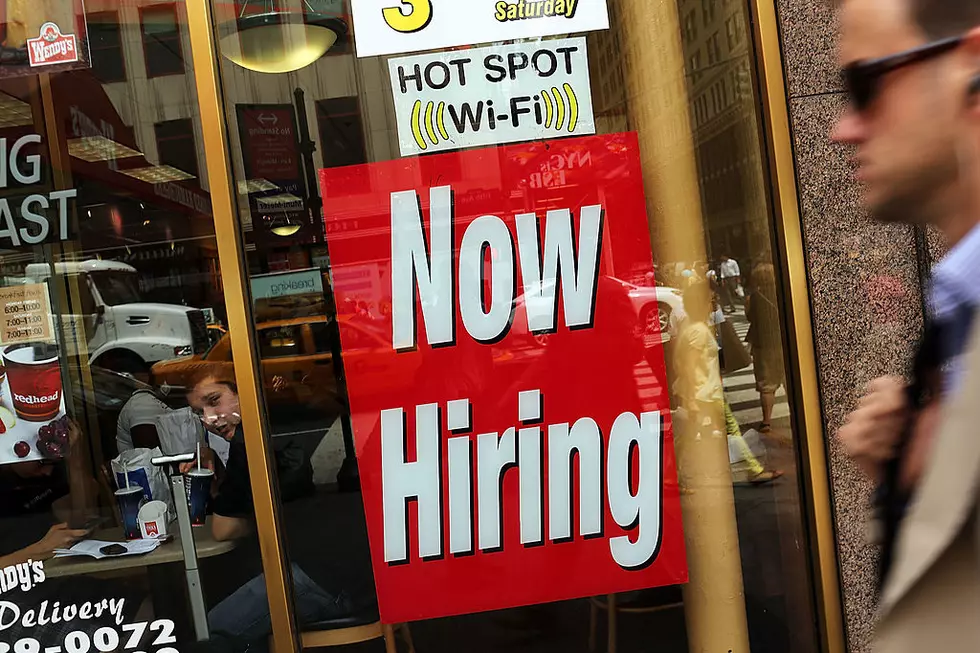
Making The Poor More Comfortable Doesn’t Work
The poverty needle measuring America’s poor has barely moved since Lyndon Johnson created the “Great Society” back in the 60s.
We spend almost $1 trillion a year helping the poor yet the numbers stay virtually the same. Why isn’t this money helping?
Comfort vs. Pain
During the second Clinton administration, Congress finally voted to put a cap on welfare benefits. Like Social Security, you could only receive welfare payouts for so long. They also tacked on a work requirement. In order to receive benefits, you had to at least act like you were looking for work.
During the recession, unemployment benefits went up to 99 weeks — almost two years.
The result? Forty four months of no change in unemployment. The poor were not raking in big bucks, but the need to find a job was not as serious since some money was coming in.
Having some money is less painful than being flat broke.
The Myth of Income Inequality
The biggest reason we have so called income inequality is that there is virtually no incentive for people to move off entitlements.
People can be trained in skills that will make them more valuable to employers. Yet few programs exist.
The work participation index has been at its lowest point since the 1970s.
It’s easier to just pass out benefits and cash than it is to create programs where the person receiving those benefits has to have some skin in the game.
In some cases, taking a job might actually be a cut in pay in some parts of the country when you factor in things like free phones, school lunch programs, utility relief, housing subsidy, Medicaid, and TANF (Temporary Assistance to Needy Families).
People aren’t lazy but they can do math. Work needs to pay in order for it to reduce the poverty rolls.
Some Final Thoughts
The poor have dignity. They don’t want to be pitied or considered parasites. No one enjoys that. And people, through no fault of their own, fall on hard times.
But unless there are physical or mental issues, those hard times should be temporary.
Raising the minimum wage too fast and you shut out entry-level workers who need to gain experience to move up the income ladder.
As help increases personal responsibility decreases.
Let’s reduce poverty by increasing the skills and productivity of the poor rather than giving them the proverbial daily fish.
Comments below
More From KMMS-KPRK 1450 AM








![[POLL] If You’re Going Back To Work — Where?](http://townsquare.media/site/12/files/2020/04/GettyImages-1168244419.jpg?w=980&q=75)
